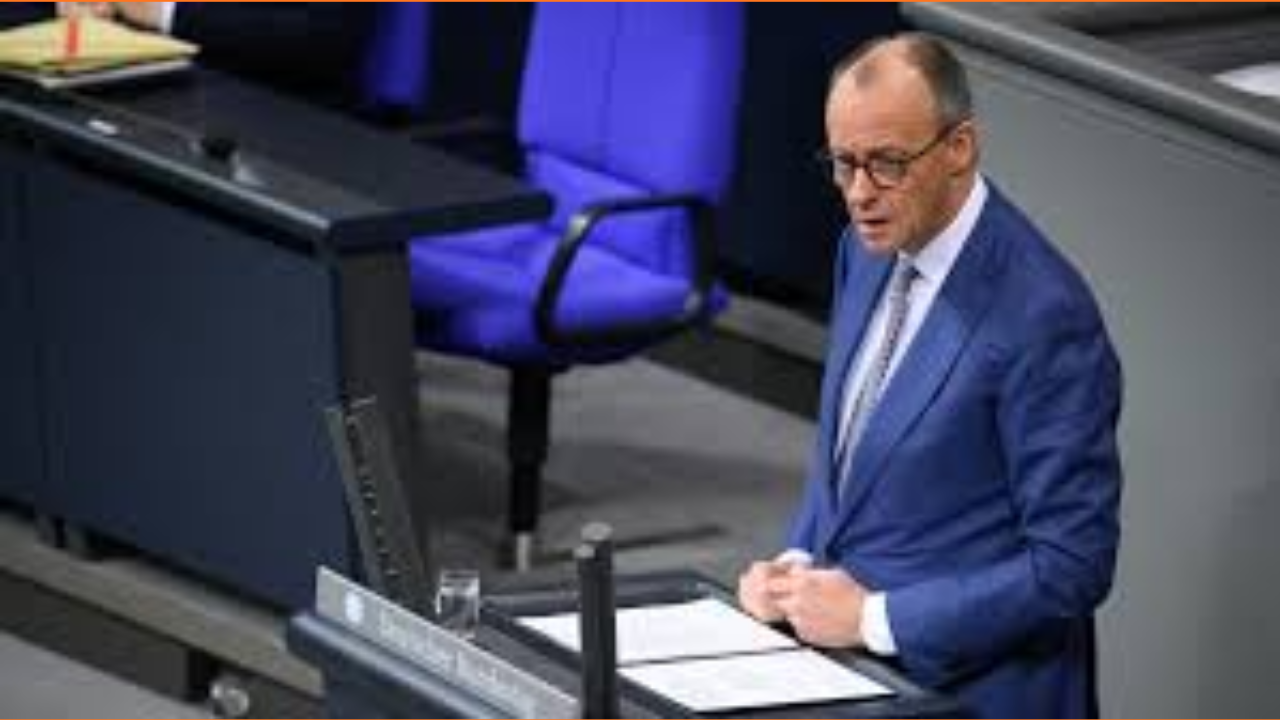Financial expert Akshat Shrivastava has sparked a major debate with his viral post claiming that India’s financial system is “designed to keep you poor.” His argument, shared on X (formerly Twitter), has struck a chord with many who feel burdened by what they see as a cycle of high taxes and various fees.
Thank you for reading this post, don't forget to subscribe!The Argument for Systemic Leakages
Shrivastava’s post highlights several financial charges that he believes make wealth creation difficult for the average Indian:
- Income Tax: A 30% tax on operating income.
- GST: An 18% Goods and Services Tax on most purchases.
- Investment Taxes: A 12.5% tax on investments.
- Various Fees: Other commissions and charges like Securities Transaction Tax (STT) and mutual fund management fees.
He argues that this combination creates a system where people earn money, pay taxes on it, and then pay further commissions on their savings, making it difficult for wealth to accumulate.
The Broader Conversation
The viral post has led to a wider discussion with a range of viewpoints:
- Supporters: Many people agree with Shrivastava, sharing their frustration and feeling that the system “bleeds you at every stage.” They see “mitigation strategies” as essential tools for survival, not just luxuries for the wealthy.
- Critics: Others believe the criticism is too harsh. They point to significant improvements in India’s financial and physical infrastructure, such as faster tax refunds and digital payment systems.
- Global Context: A third group points out that high taxation is a global norm, not unique to India. They argue that countries in Europe, as well as the US and Australia, have similar or even higher tax rates.
Mitigation Strategies
The post also brought attention to strategies that some people use to counter these financial challenges, including:
- Offshore Accounts: Using bank accounts in other countries to manage global assets.
- Alternate Tax Residencies: Changing one’s tax residency to a country with a more favorable tax structure.
- “Golden Visas”: Obtaining long-term residency in other countries through investment.
This has raised a key question: are these strategies genuinely accessible to the average Indian, or are they exclusively for the wealthy?

















